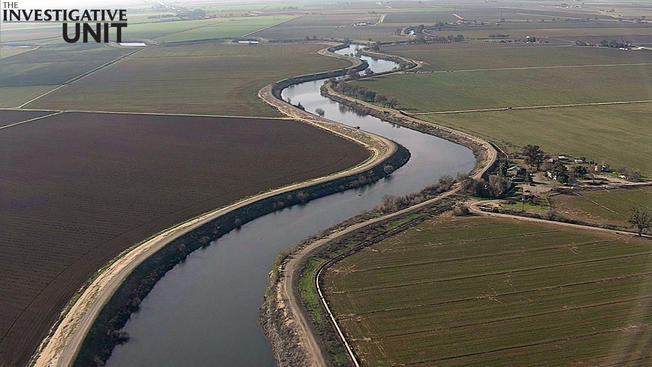
noun
- an embankment designed to prevent the flooding of a river.
- Geology. natural levee.
- Agriculture. one of the small continuous ridges surrounding fields that are to be irrigated.
- History/Historical. a landing place for ships; quay.
verb (used with object), lev·eed, lev·ee·ing.
- to furnish with a levee: to levee a treacherous stream.
noun
- (in Great Britain) a public court assembly, held in the early afternoon, at which men only are received.
- a reception, usually in someone’s honor: a presidential levee at the White House.
- History/Historical. a reception of visitors held on rising from bed, as formerly by a royal or other personage.
noun US
- an embankment alongside a river, produced naturally by sedimentation or constructed by man to prevent flooding
- an embankment that surrounds a field that is to be irrigated
- a landing place on a river; quay
noun
- a formal reception held by a sovereign just after rising from bed
- (in Britain) a public court reception for men, held in the early afternoon
n.11719, “natural or artificial embankment to prevent overflow of a river,” from New Orleans French levée “raising, lifting; embankment,” from French, originally fem. past participle of lever “to raise,” from Latin levare “to raise” (see lever). n.2“morning assembly held by a prince or king (upon rising from bed),” 1670s, from French lever “a raising,” noun use of verb meaning “to raise” (see levee (n.1)).
- A long ridge of sand, silt, and clay built up by a river along its banks, especially during floods.
- An artificial embankment along a rivercourse or an arm of the sea, built to protect adjoining land from inundation.
 Liberal Dictionary English Dictionary
Liberal Dictionary English Dictionary